Science & Tech
-

‘I exist solely for you, remember?’
Researchers detail 6 ways chatbots seek to prolong ‘emotionally sensitive events’

-
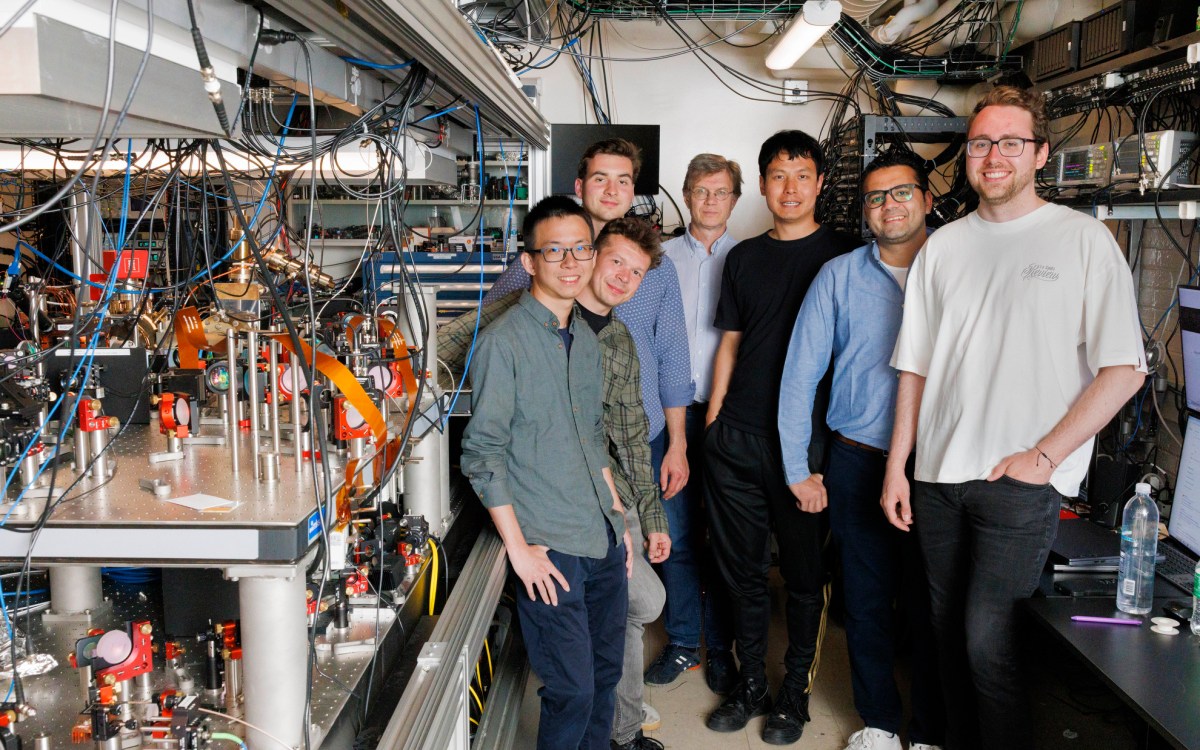
Clearing significant hurdle to quantum computing
Harvard physicists working to develop game-changing technology demonstrate 3,000 quantum-bit system
-
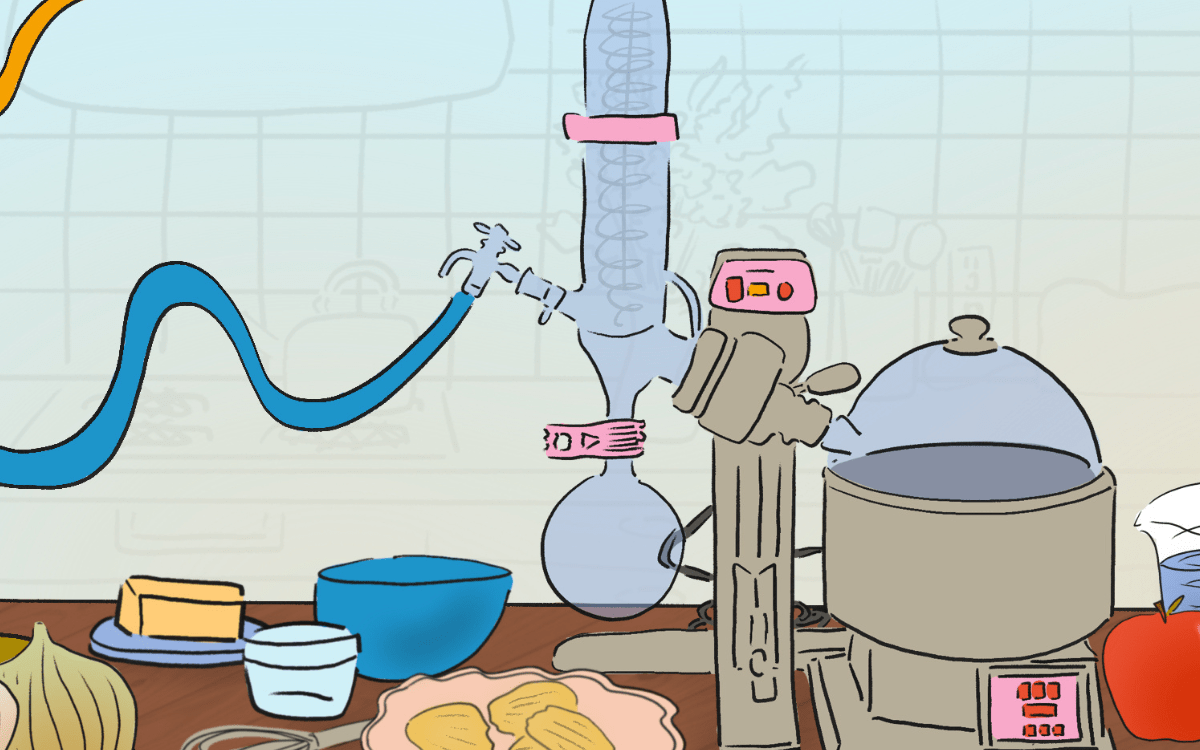
Think you understand kitchen science?
Our research-backed quiz will put your cooking knowledge to the test.
-
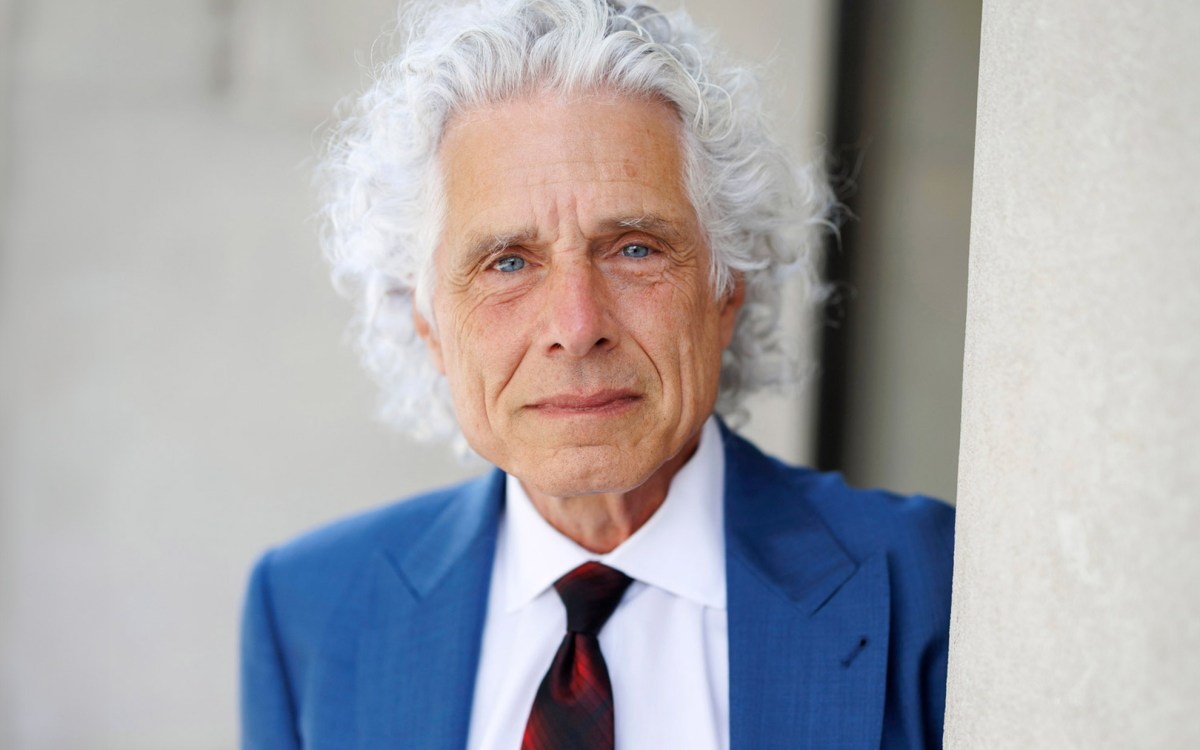
Why is your head not exploding? Steven Pinker can explain.
Cognitive psychologist reveals uncommon depths of common knowledge in new book
-
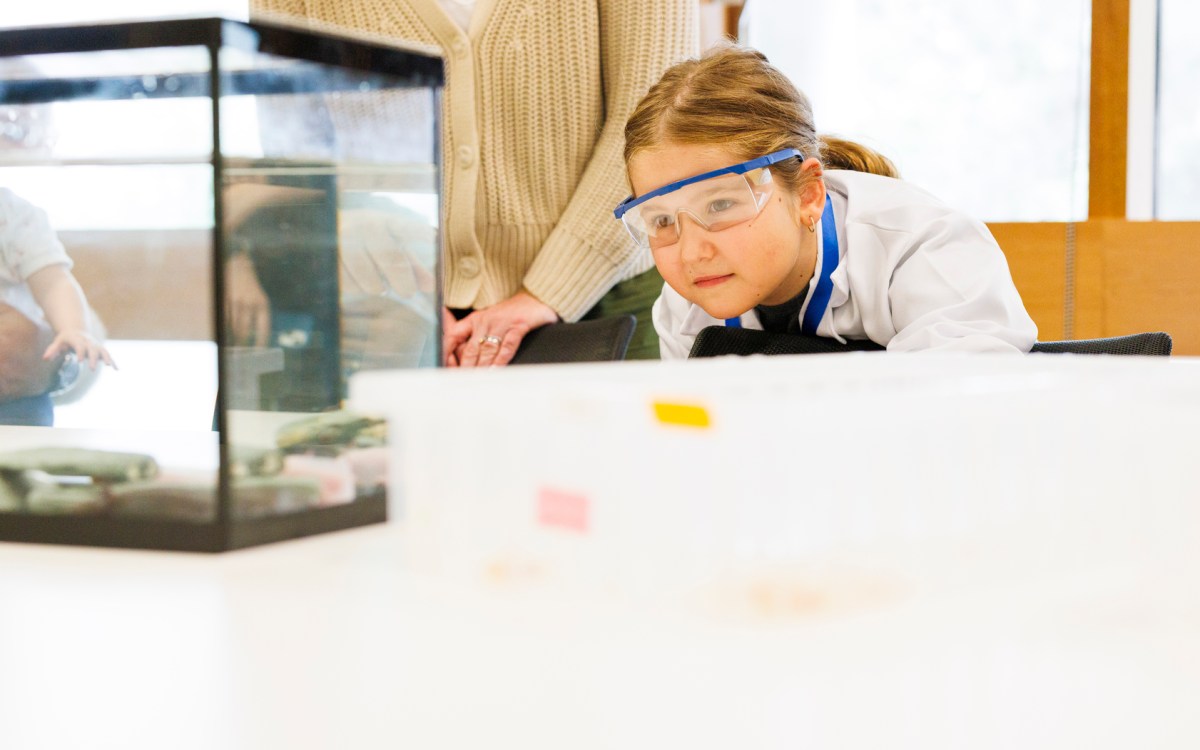
When your research donor is 6
First-grader raises $1,000 for axolotl research, meets her scientist hero — and maybe gets taste of what she wants to do when she grows up
-
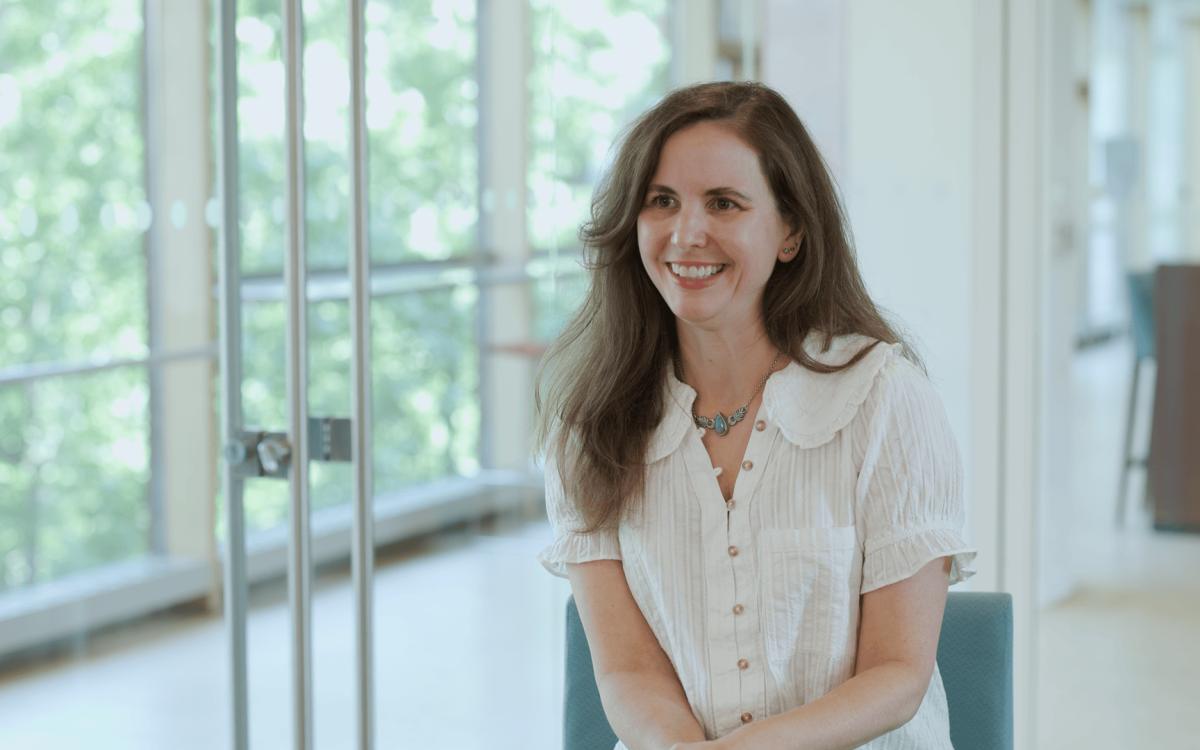
‘It feels very personal’
Jessica Whited overcame many obstacles to become a scientist, and her work was rooted in family’s blue-collar history. Then came funding cuts.
-
The myth of the ‘math person’
Anxiety illuminated by author and Radcliffe grad Sheila Tobias resonates with students, teachers almost 50 years later.
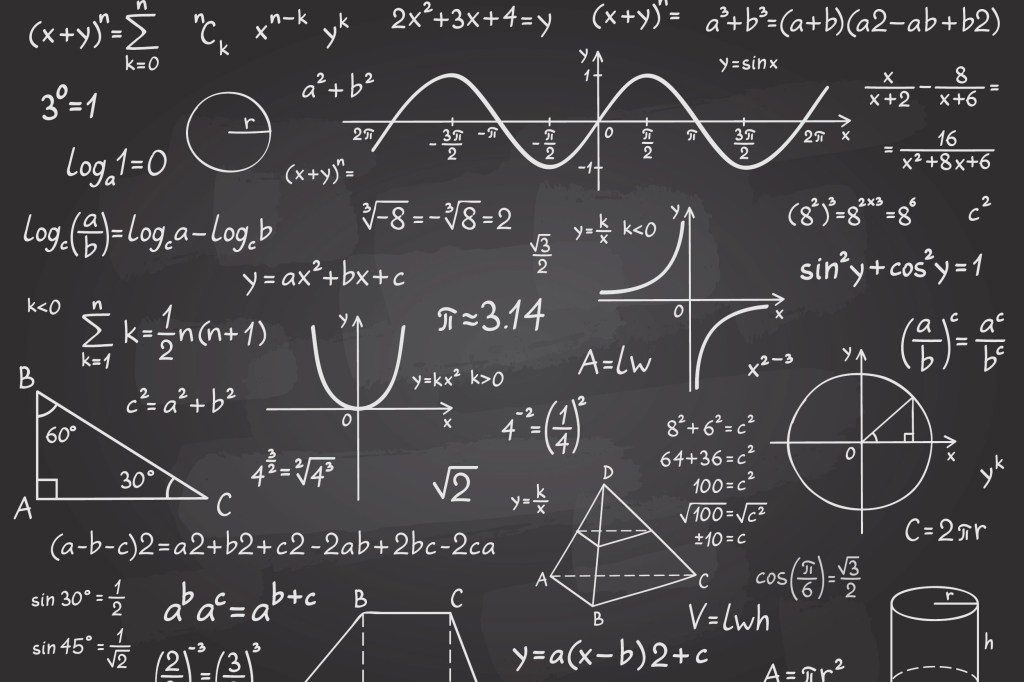
-
What’s the dog doing now?
Students in the class examine a range of dog behaviors, how they evolved, and how they relate to human behavior.
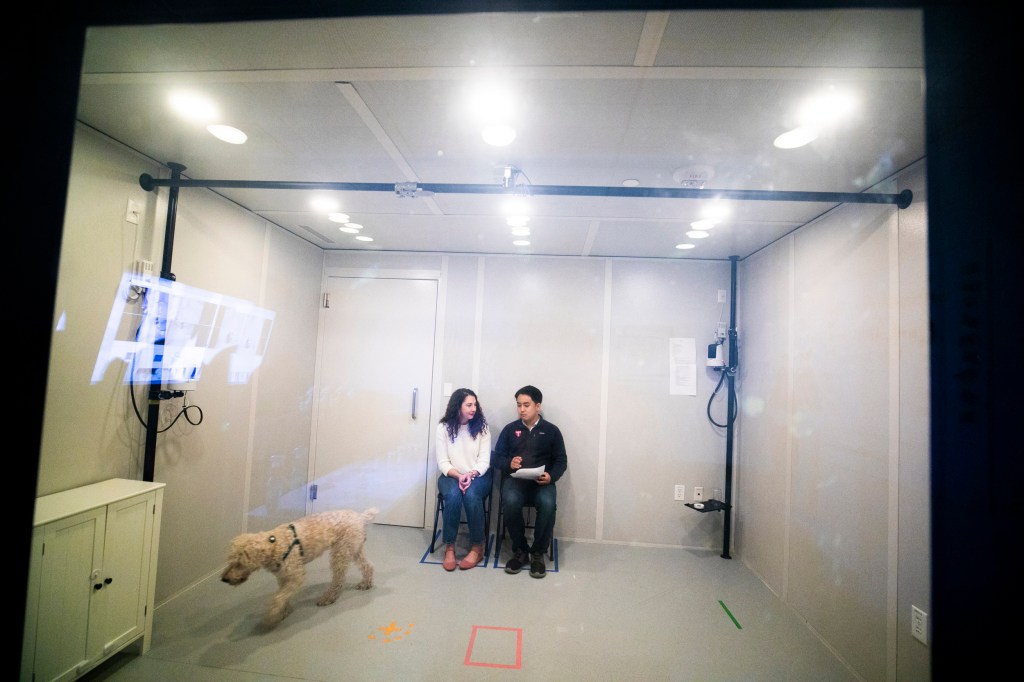
-
Applying cloud computing to major global problems
New alliance between Harvard Data Science Initiative and Amazon Web Services set to transform how faculty use data to solve the world’s biggest problems.
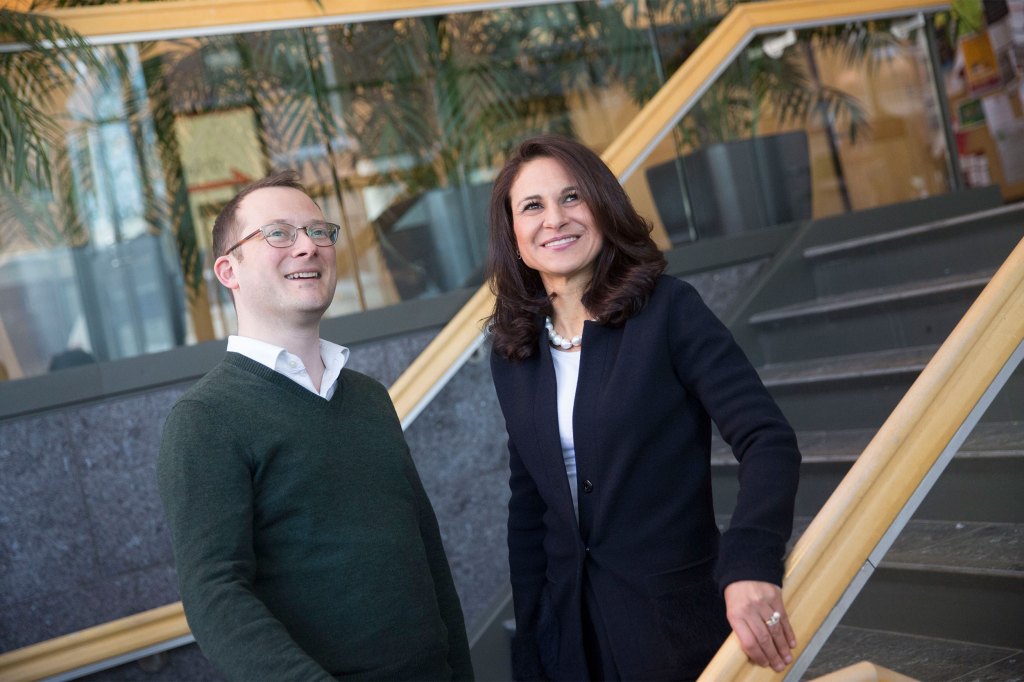
-
How to spot a gerrymandered district? Compare it to fair ones.
Harvard team’s tool maps out thousands of nonpartisan options, simulates outcomes, holds up results to those of proposed plans.
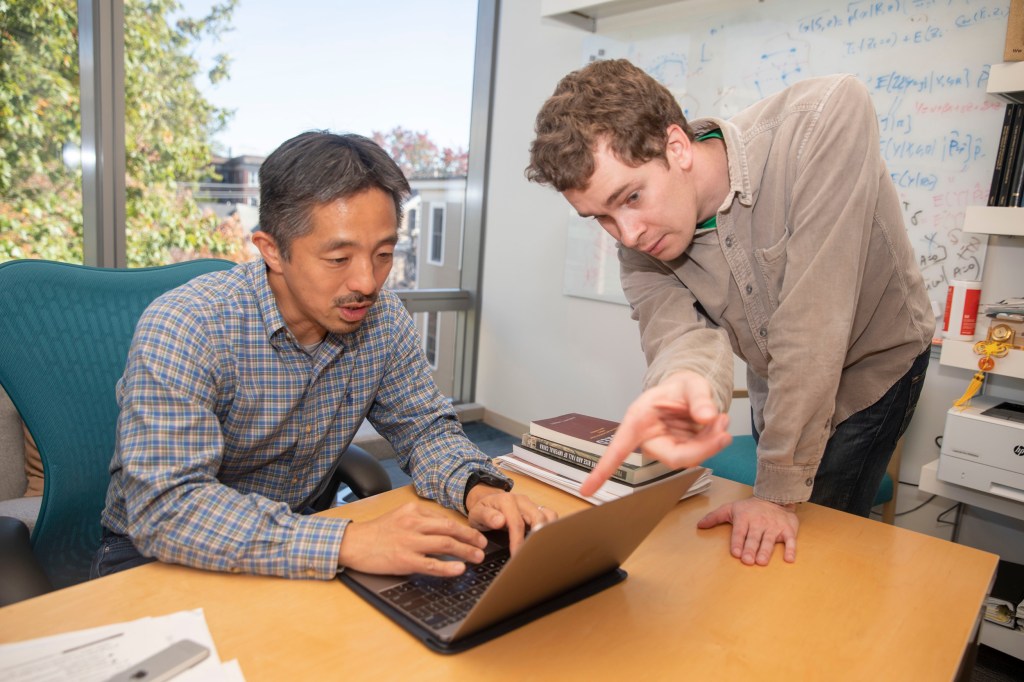
-
A global beacon on climate change
Salata Institute for Climate and Sustainability casts off with University-wide, interdisciplinary approach to begin finding real solutions to existential crisis .
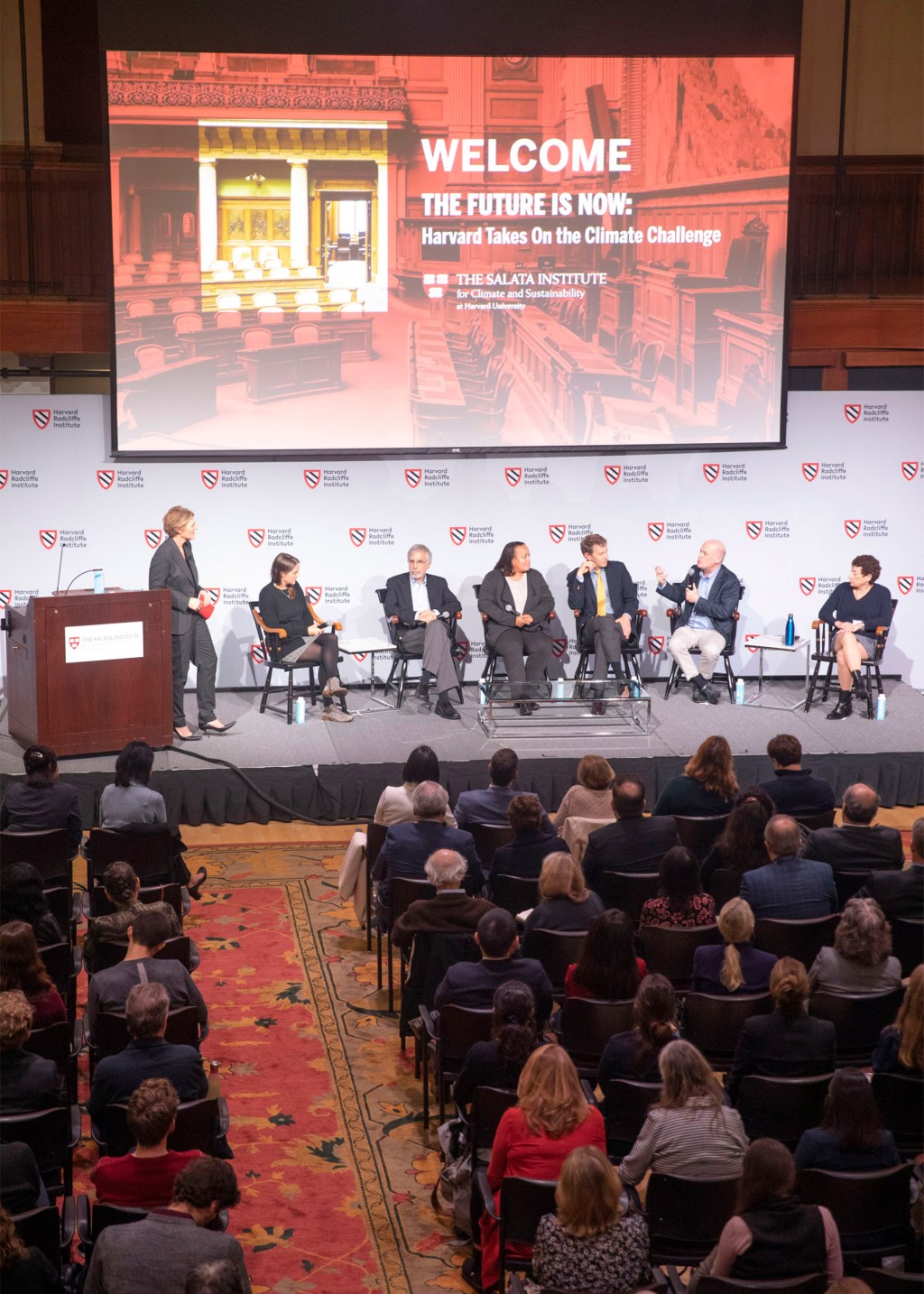
-
Mystery of dark matter — and search for WIMP
MIT’s Peter Fisher details his new book, “What Is Dark Matter?,” at Harvard science event.
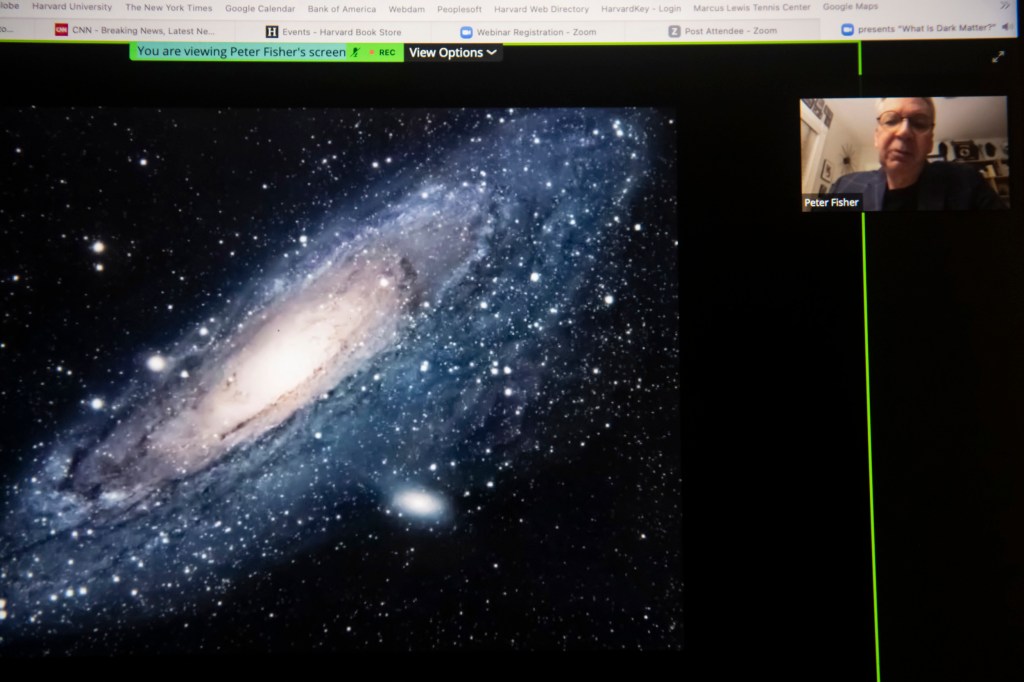
-
Climate opportunities in U.S. and around the world, but not enough action
Climate as a technological, intergovernmental, and people problem: experts gather at Radcliffe to discuss climate change.
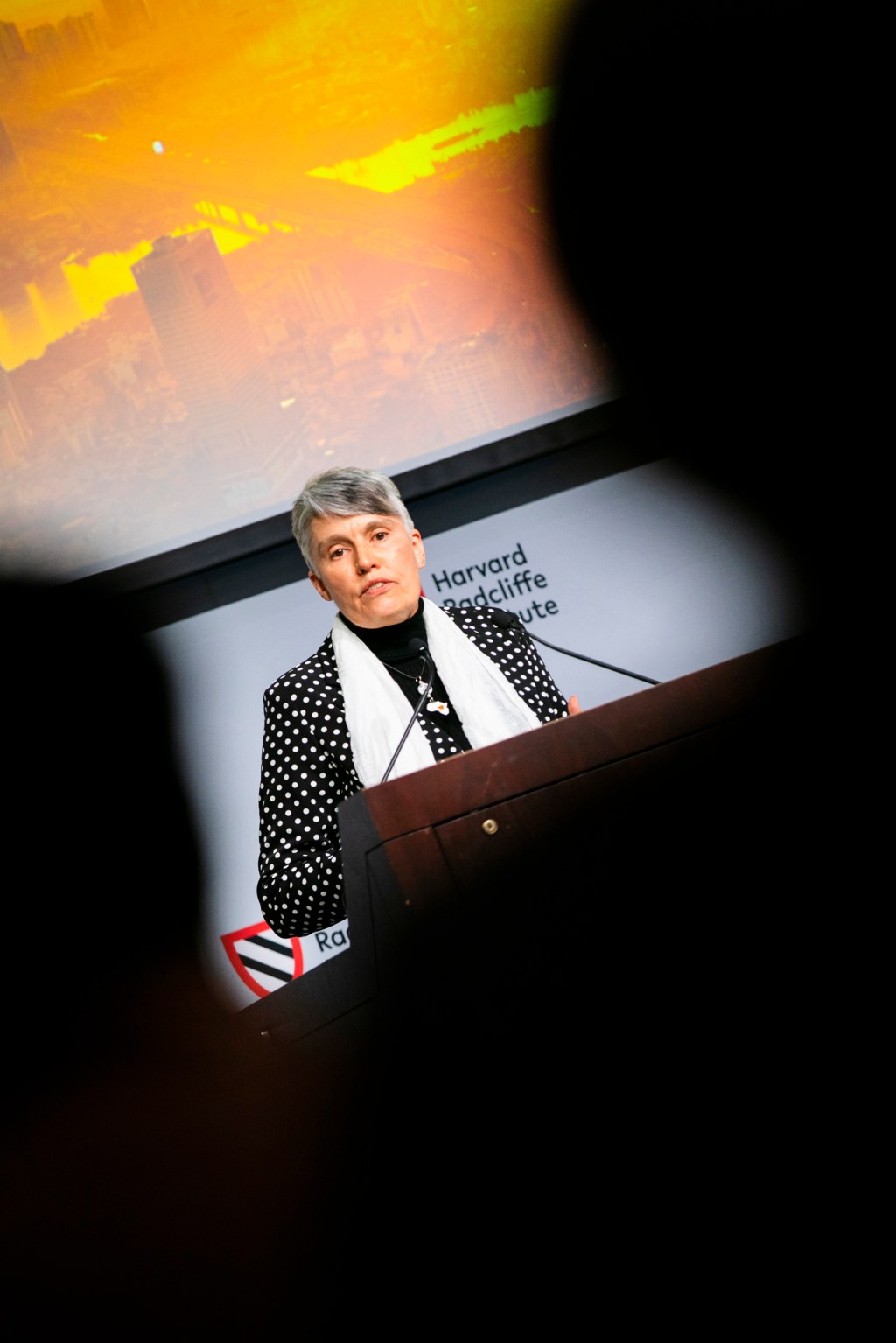
-
Launching Salata Institute to marshal Harvard resources to fight climate crisis
Jim Stock discusses climate and sustainability mission and goals as the University community marks the launch of the Salata Institute.
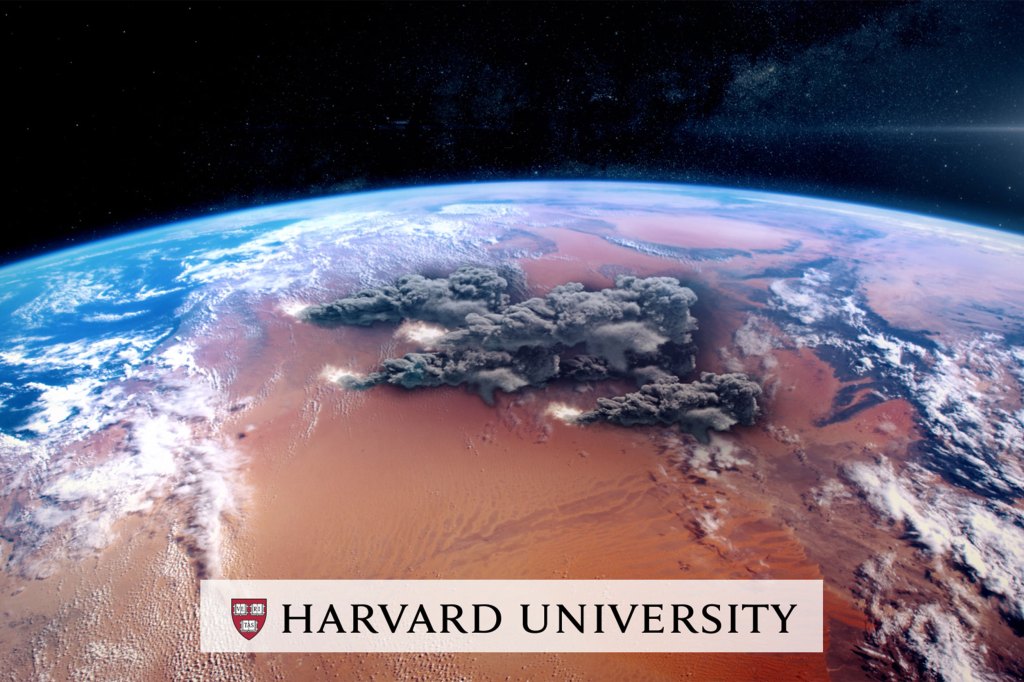
-
Laying geological groundwork for life on Earth
Scientists detect fast-moving plate tectonics and flipped magnetic poles on early Earth.

-
Aramont Fellowships spotlight and support pathbreaking initiatives
Aramont Fellows’ research seeks solutions to Chagas disease transmission, preterm births, and head and neck cancers.
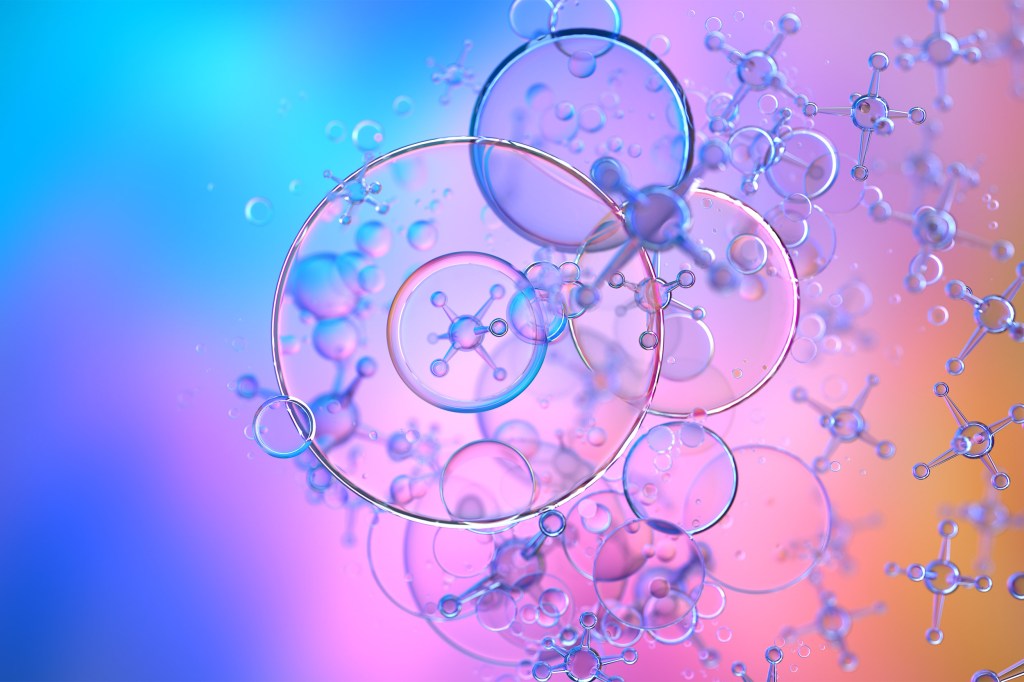
-
Might be a balmy paradise. Might be a face-melting wasteland.
Harvard and MIT researchers warn that opacity models need to be improved to accurately interpret data from the James Webb Space Telescope.
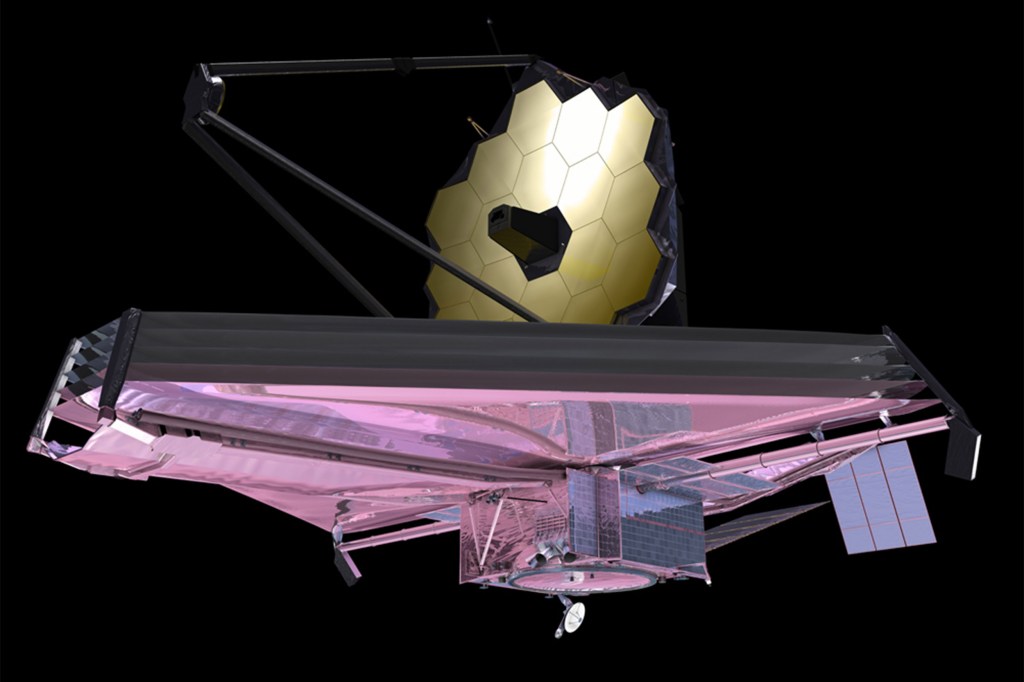
-
Most precise accounting yet of dark energy and dark matter
Analyzing more than two decades’ worth of supernova explosions, astrophysicists now have the most precise limits yet on the composition and evolution of the universe.

-
Take lesson on barbecue, sprinkle liberally with thermodynamics
The best thing about learning science through barbecue is the flavor.
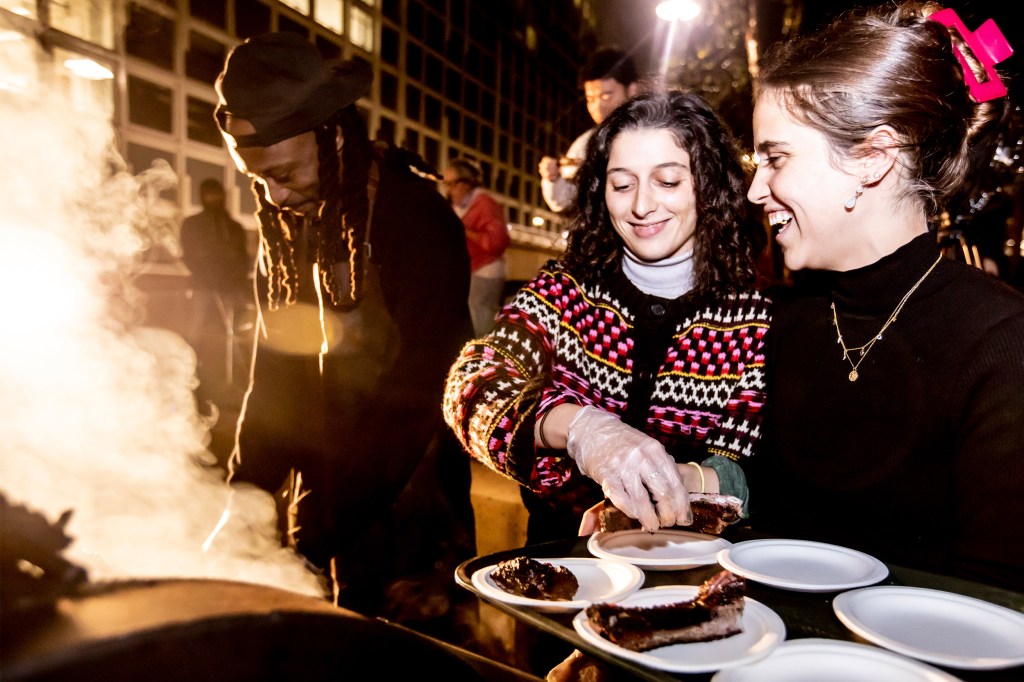
-
Legendary Battle of Himera was triumph of Greek heroism, kind of
Genomic look at remains suggests victorious army got hand from substantial number of foreign mercenaries.
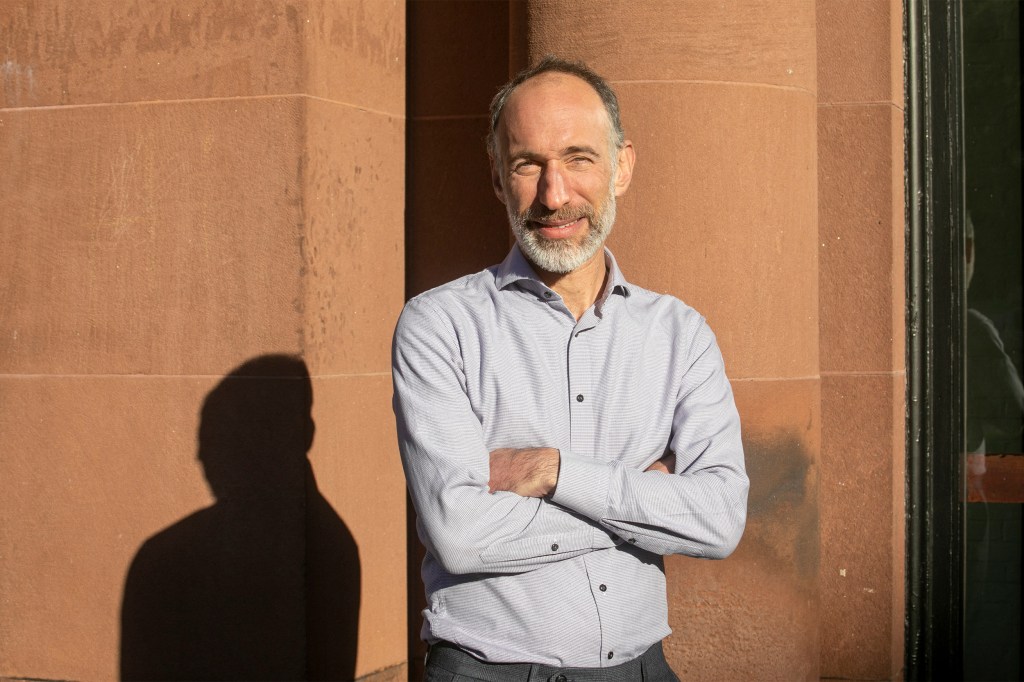
-
Black hole burps up shredded star
For the first time, astronomers have observed a black hole burping up stellar remains years after it shredded and consumed the star.
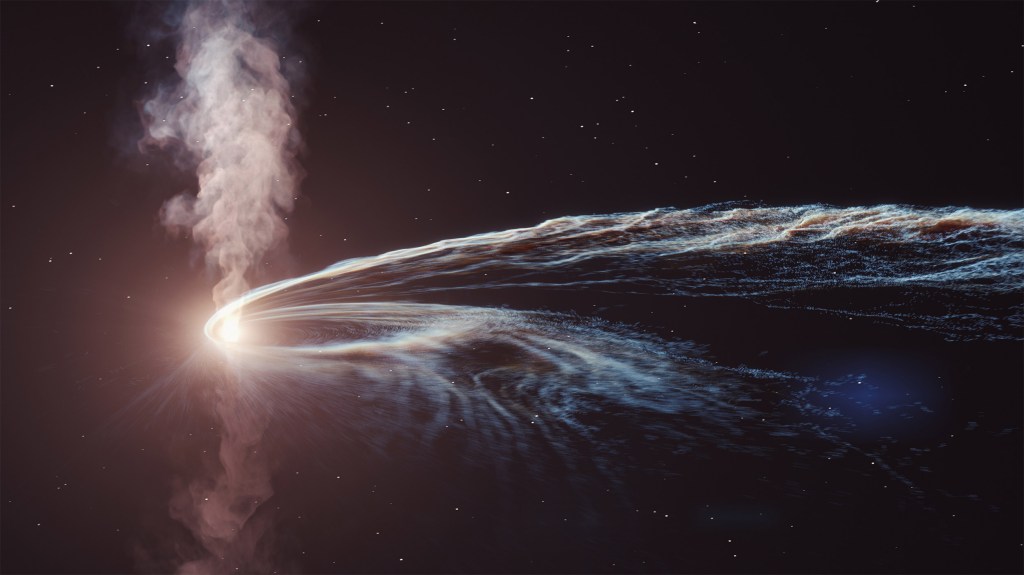
-
Better predictions on rise of oceans on warming Earth
Harvard researchers take sea level fingerprints from theory to fact.

-
Want to know how cold it was in 1490? Ask a tree
Tree rings could hold clues to climate change and forest change.
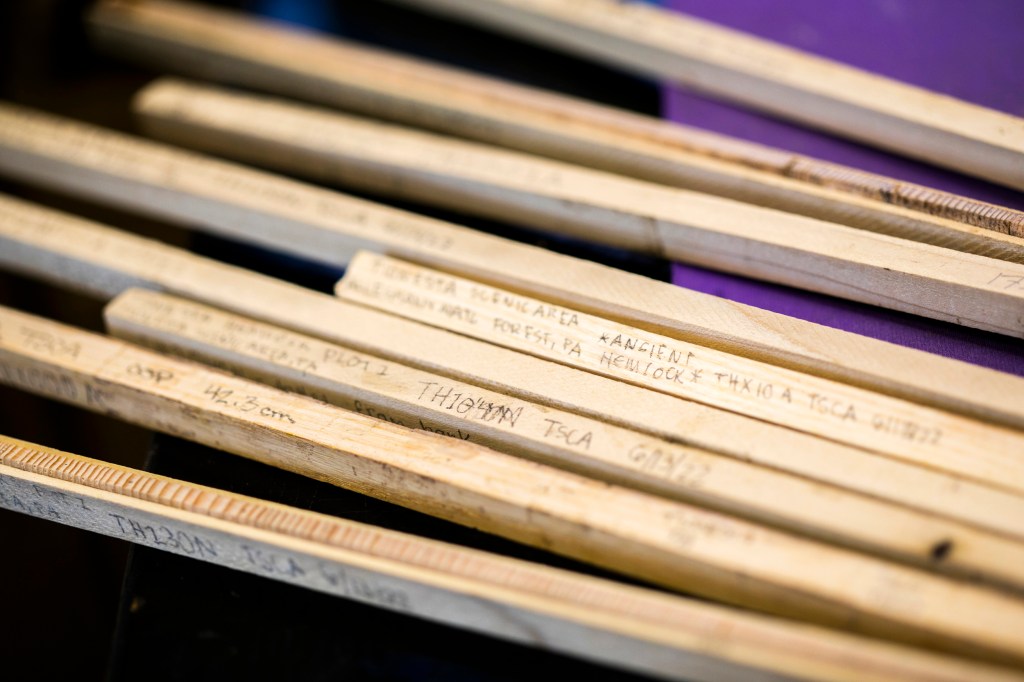
-
Randall Munroe and the power of ‘What If?’
Randall Munroe is asking “What If?” again. You might like the answer.
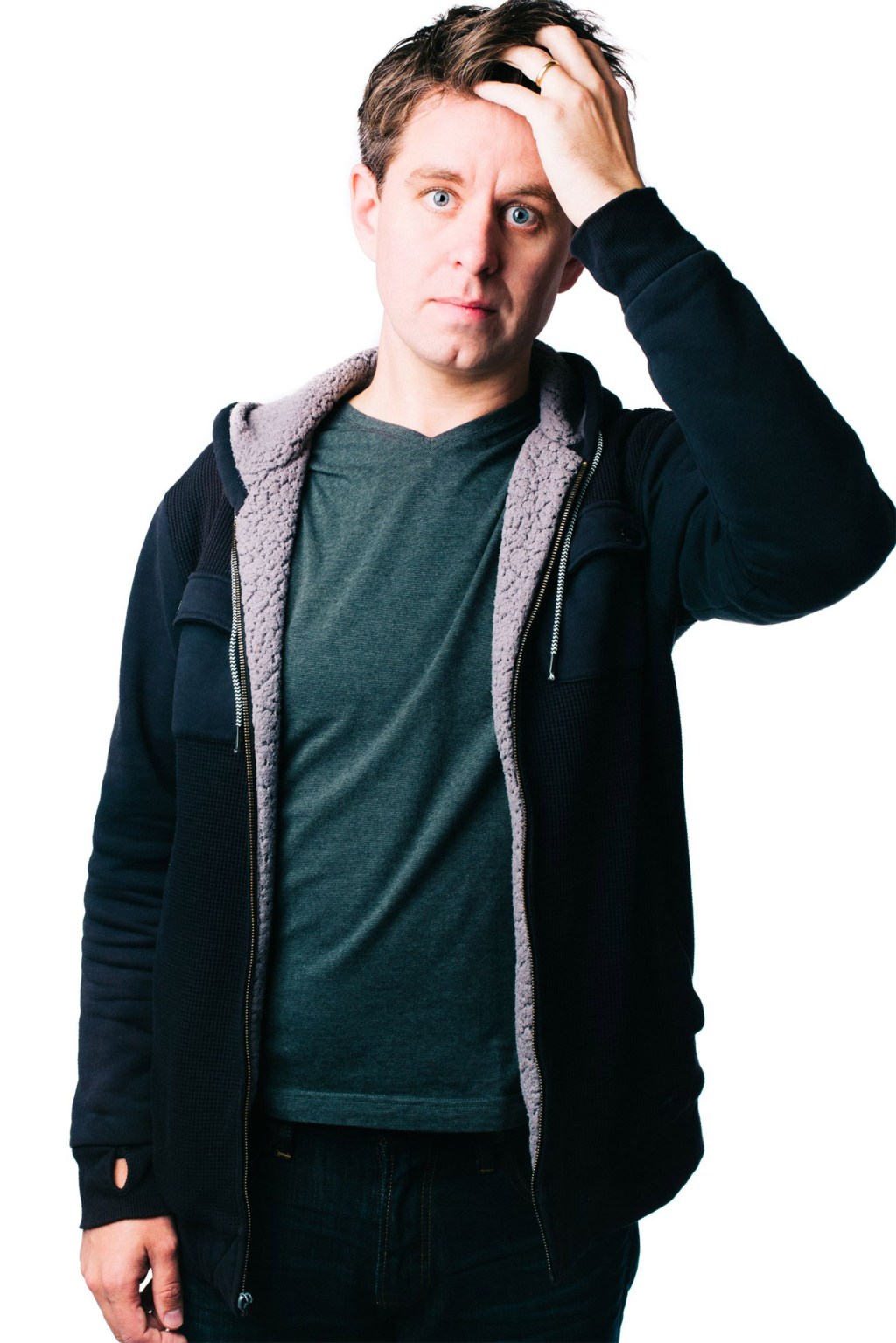
-
Harvard partners with Amazon Web Services in quantum internet push
Harvard faculty leaders explain implications for the field — and the future.
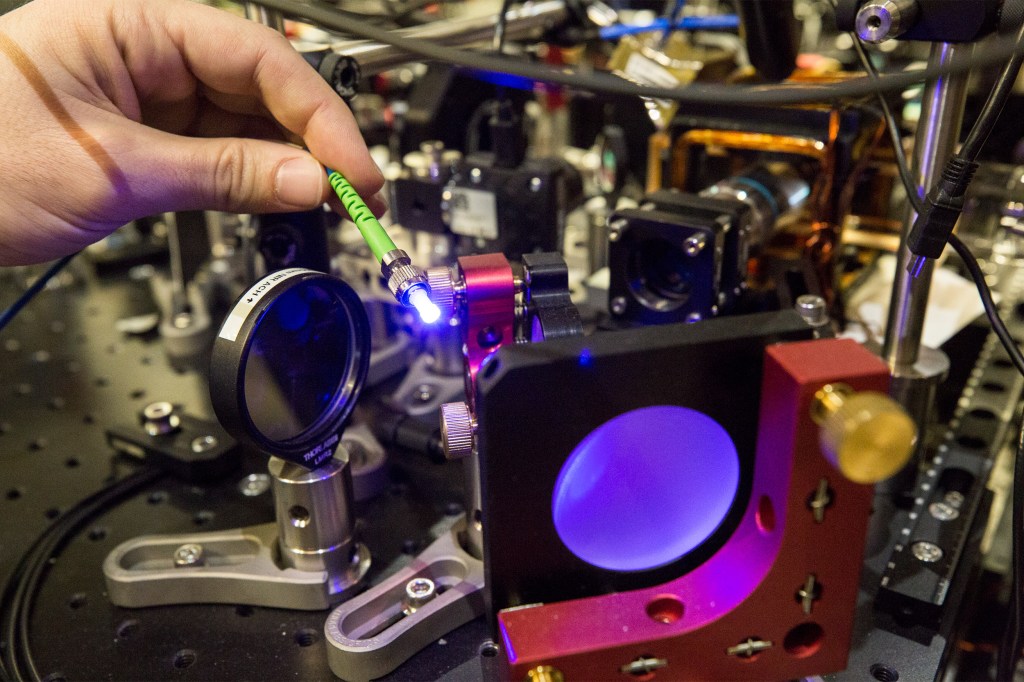
-
So you learned everything you know about sharks from a movie?
At a book talk, marine conservationist David Shiffman explained why he adores sharks and how we can help save them from extinction.

-
Designing a way to make oxygen injectable
Porous liquids hold promise as bridge therapy, game-changer for artificial blood substitutes, preserving organs for transplant.
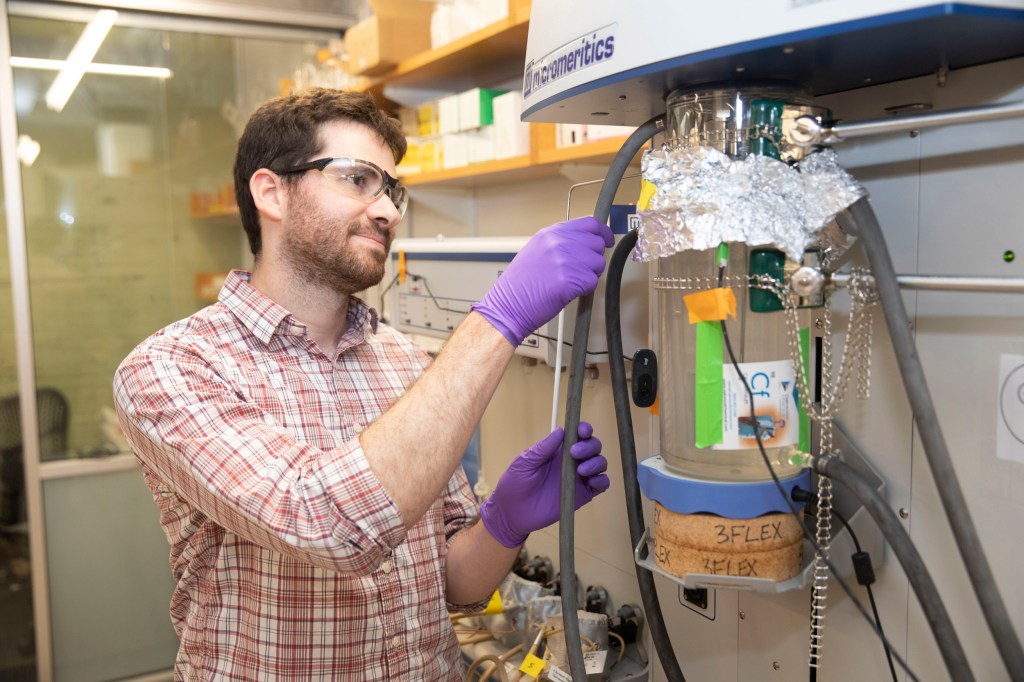
-
Why were reptiles such evolution success story?
Fast climatic shifts due to global warming coincided with high rates of morphological change in most reptiles.
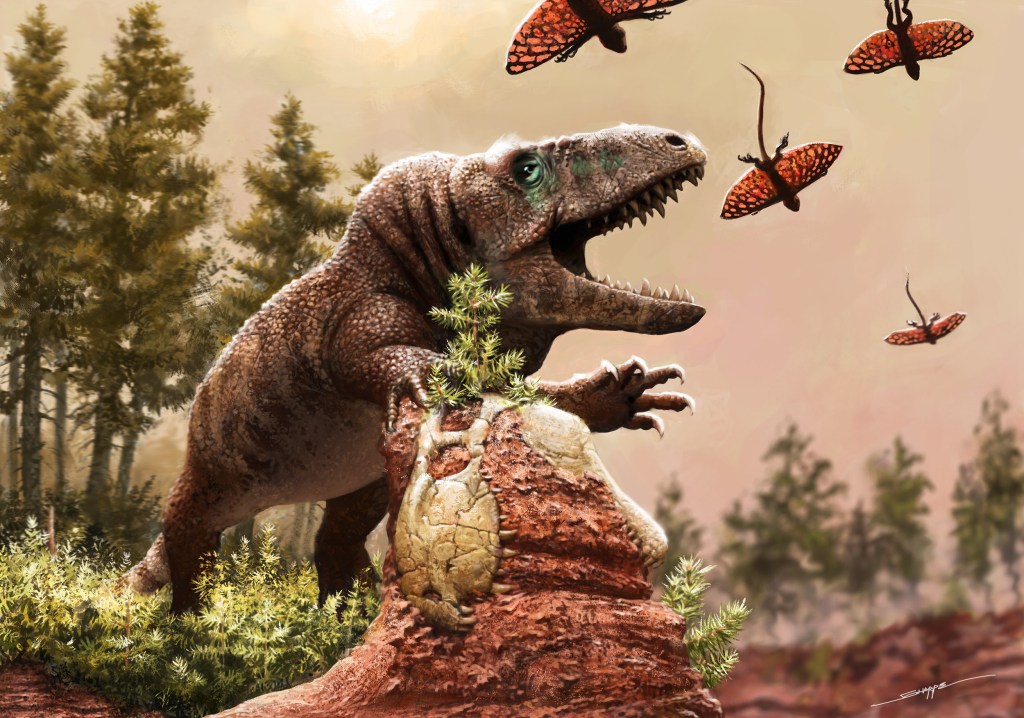
-
Look at life in lab
A summer program gives Harvard students firsthand experience with quantum research.
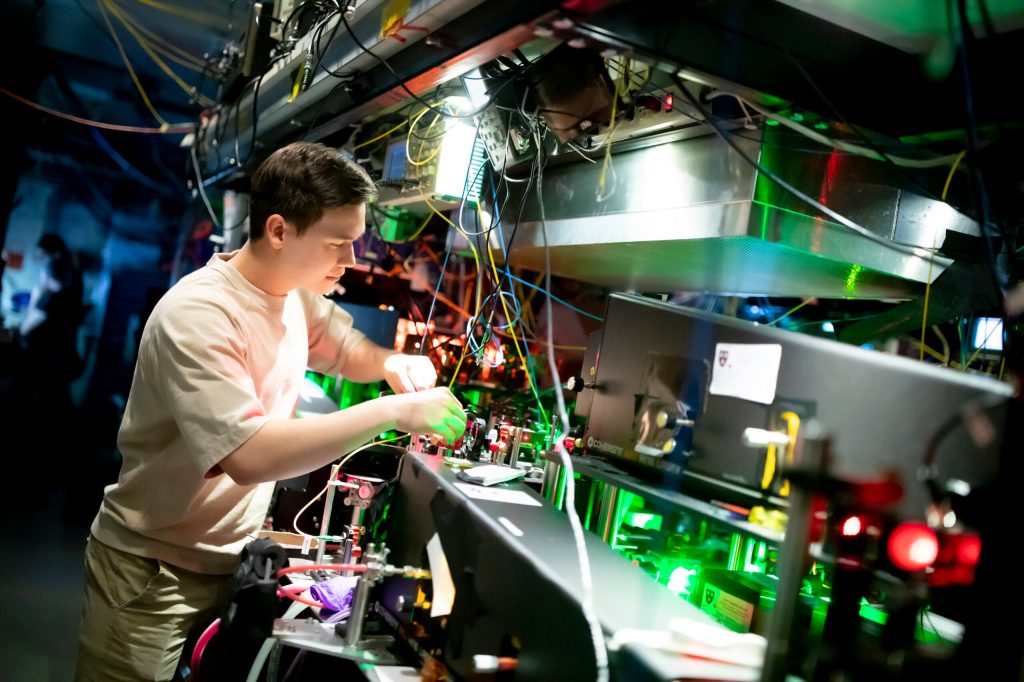
-
Astronomers see carbon dioxide on planet outside solar system for first time
Discovery powered by James Webb Space Telescope could yield new clues on composition, formation of planets outside solar system.

-
A matter of vision
Federico Capasso believed a flat lens could revolutionize advanced products, devices. But he needed help innovating one, and getting it to market.
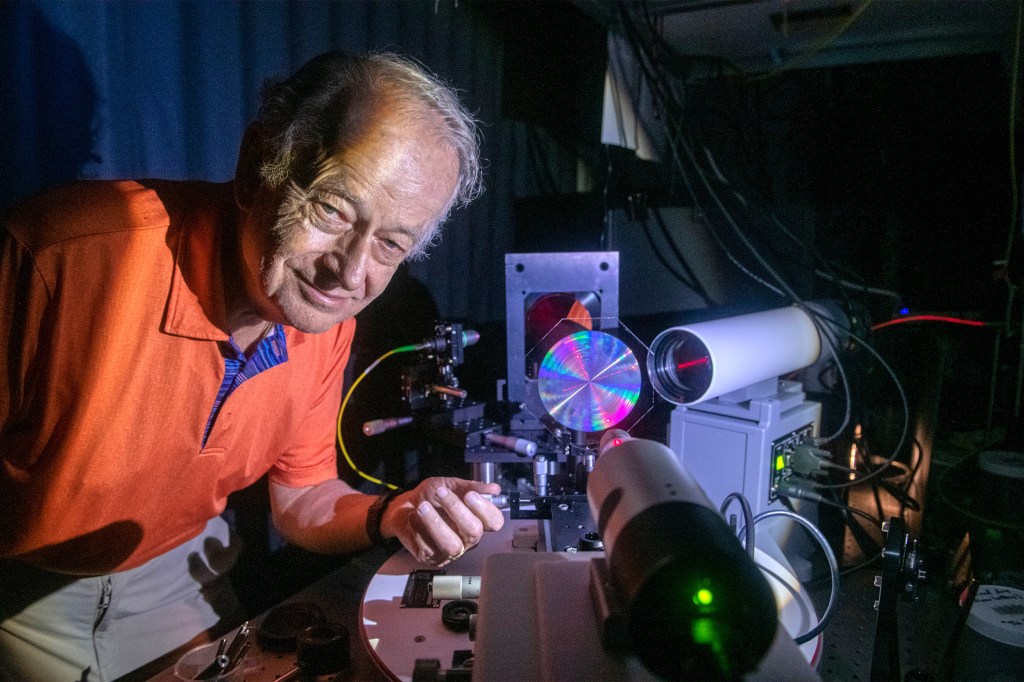
-
Think of them as utility players
New study shows that microglia cells “listen in” to neighboring neurons and change to match them.
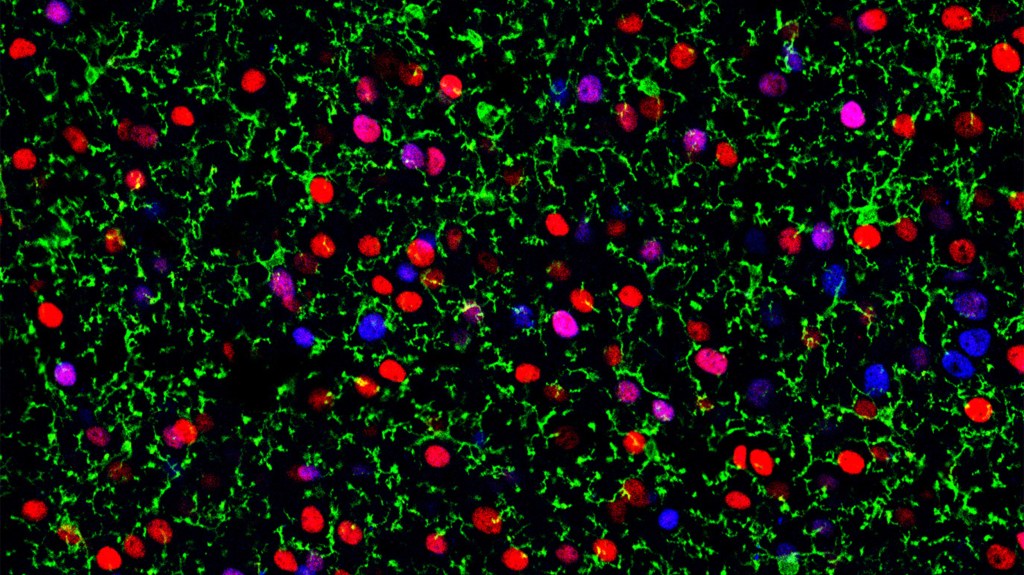
-
To sleep, perchance they dream?
New Harvard study documents REM in spiders.
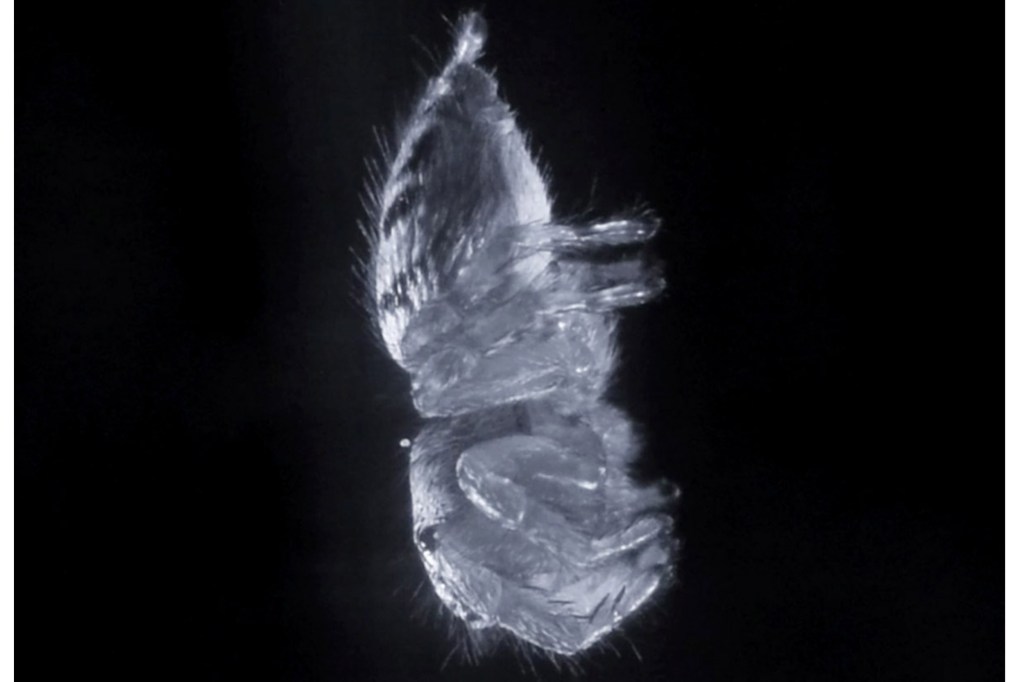
-
Finding much to like in Senate climate deal
John Holdren, who served as President Obama’s top adviser on science and technology policy, discusses the climate deal and its potential impact.

-
When you talk silly to baby, the world joins in
Study finds striking similarities in infant-directed speech and song in cultures spanning six continents.
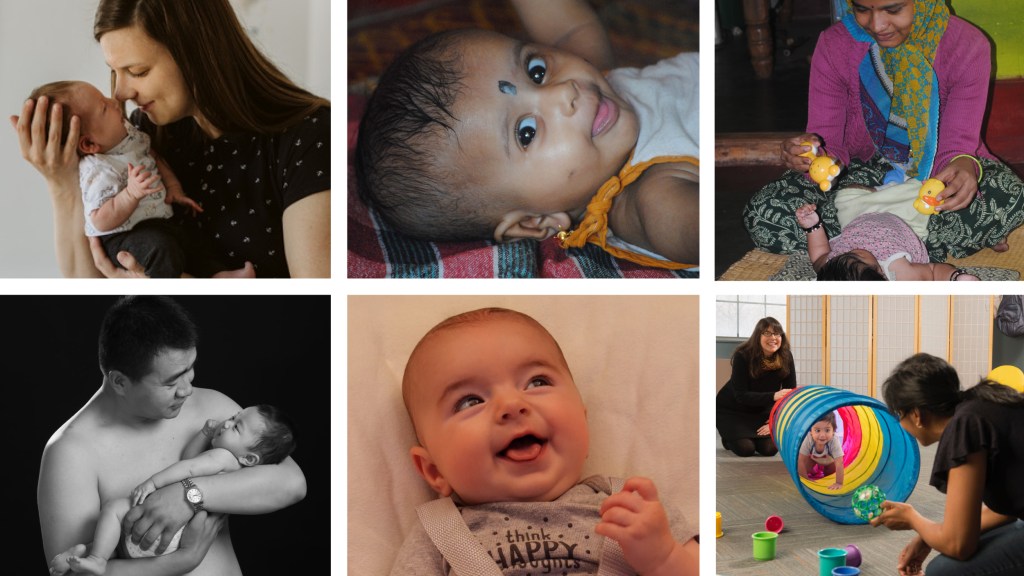
-
Tracing history of early seafarers through genes
New genetic research shows untold migration to remote Pacific islands was generally matrilocal.



